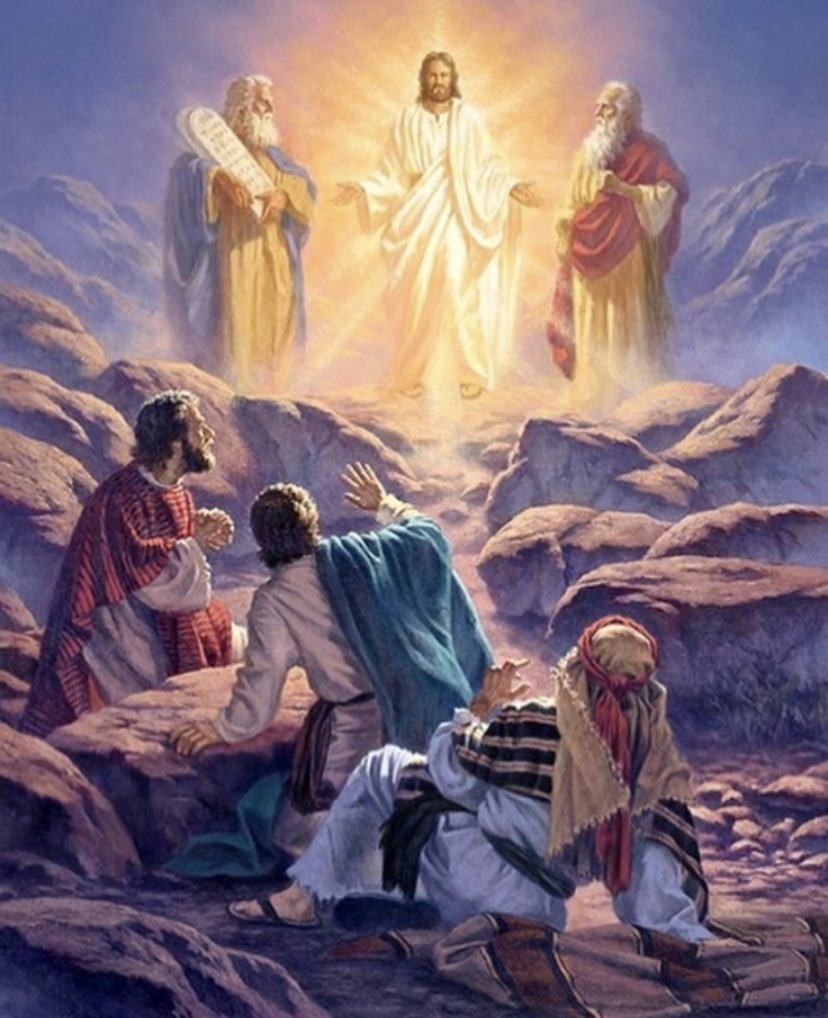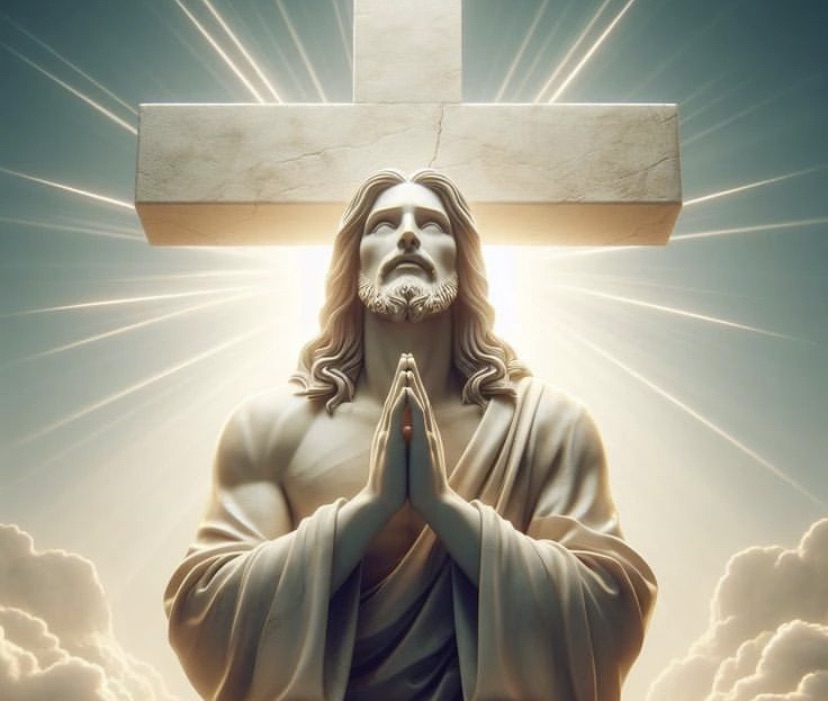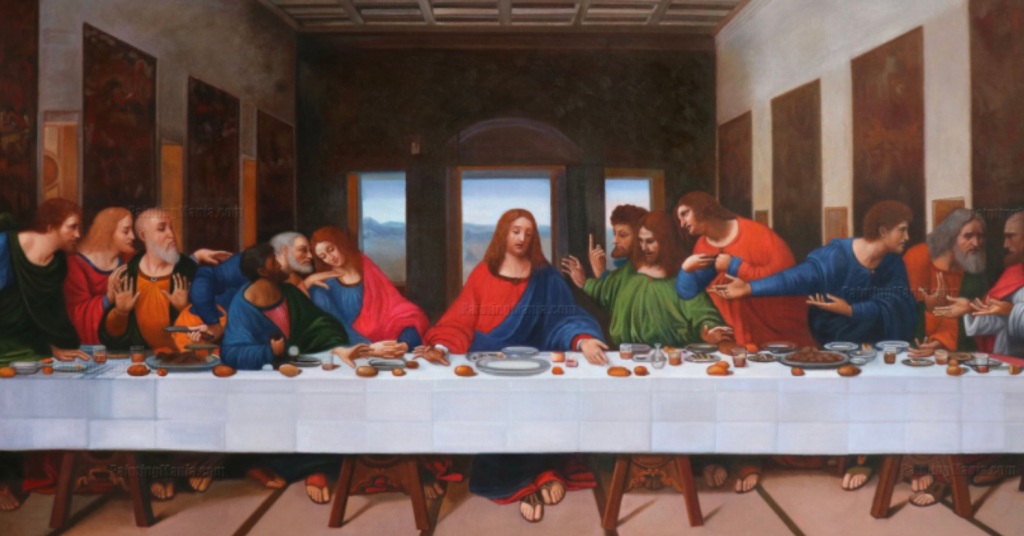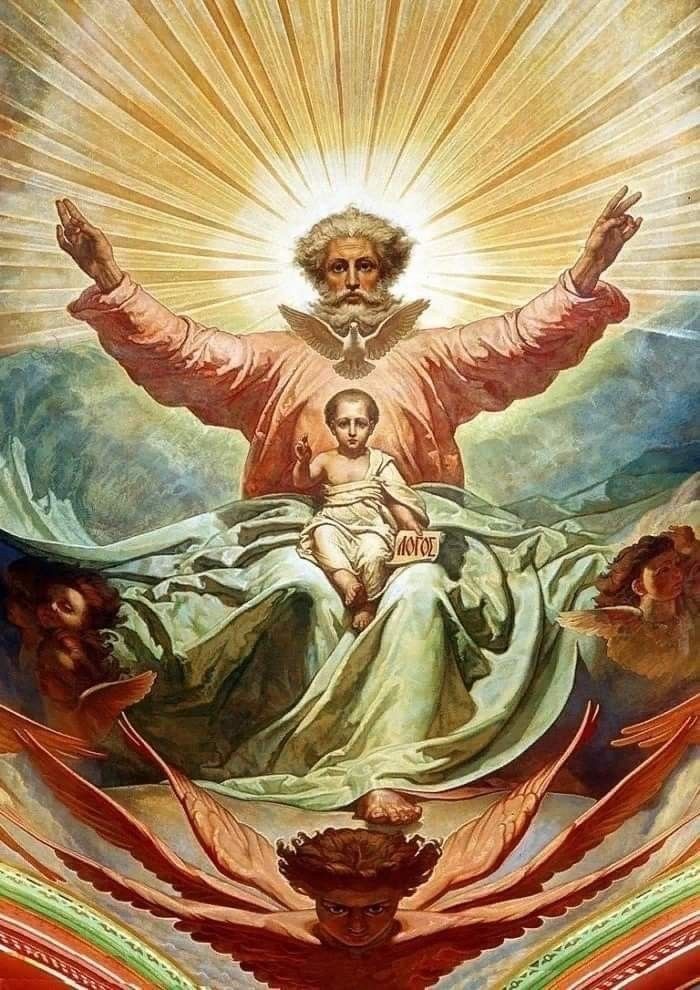Magic…
Magic, encompassing the subgenres of illusion, stage magic, and close up magic, among others, is a performing art in which audiences are entertained by tricks, effects, or illusions of seemingly impossible feats, using natural means.
It is to be distinguished from paranormal magic which are effects claimed to be created through supernatural means.
While it is one of the oldest performing arts in the world.

The Conjurer, 1475–1480, by Hieronymus Bosch or his workshop.
Notice how the man in the back row steals another man’s purse while applying misdirection by looking at the sky or solar system. The artist even misdirects the viewer from the thief by drawing the viewer to the magician.
Modern entertainment magic, as pioneered by 19th-century magician Jean-Eugène Robert-Houdin, has become a popular theatrical art form.
In the late 19th and early 20th centuries, magicians such as Maskelyne and Devant, Howard Thurston, Harry Kellar, and Harry Houdini achieved widespread commercial success during what has become known as “the Golden Age of Magic”.
During this period, performance magic became a staple of Broadway theatre, vaudeville, and music halls. Magic retained its popularity in the television age, with magicians such as Paul Daniels, David Copperfield, Doug Henning, Penn & Teller, David Blaine, and Derren Brown modernizing the art form.
The art of Magick or magike, is defined as the “art of influencing or predicting events and producing marvels using hidden natural forces,” also “supernatural art,” especially the art of controlling the actions of spiritual or superhuman beings;
Old English wiccecræft (witch); was displaced as a transferred sense of “legerdemain, an optical illusion, from the 1800‘s.
While the term drycræft, from dry “magician,” possibly derives its origin from the Irish drui “priest or magician” (Druid).
Natural magic in the Middle Ages was that which did not involve the agency of personal spirits; it was considered more or less legitimate, not sinful, and involved much that would be explained scientifically as the manipulation of natural forces.
Mani – pulation…
Magic.
- late Middle English.
- Old French magique.
- Latin magicus (adjective), late Latin magica (noun).
- Greek magikē (tekhnē) ‘(art of) a magus’: magi were regarded as magicians.
Magi – igam… fire morning, ig AM…
Magic – cigam – sigma…







Leave a comment